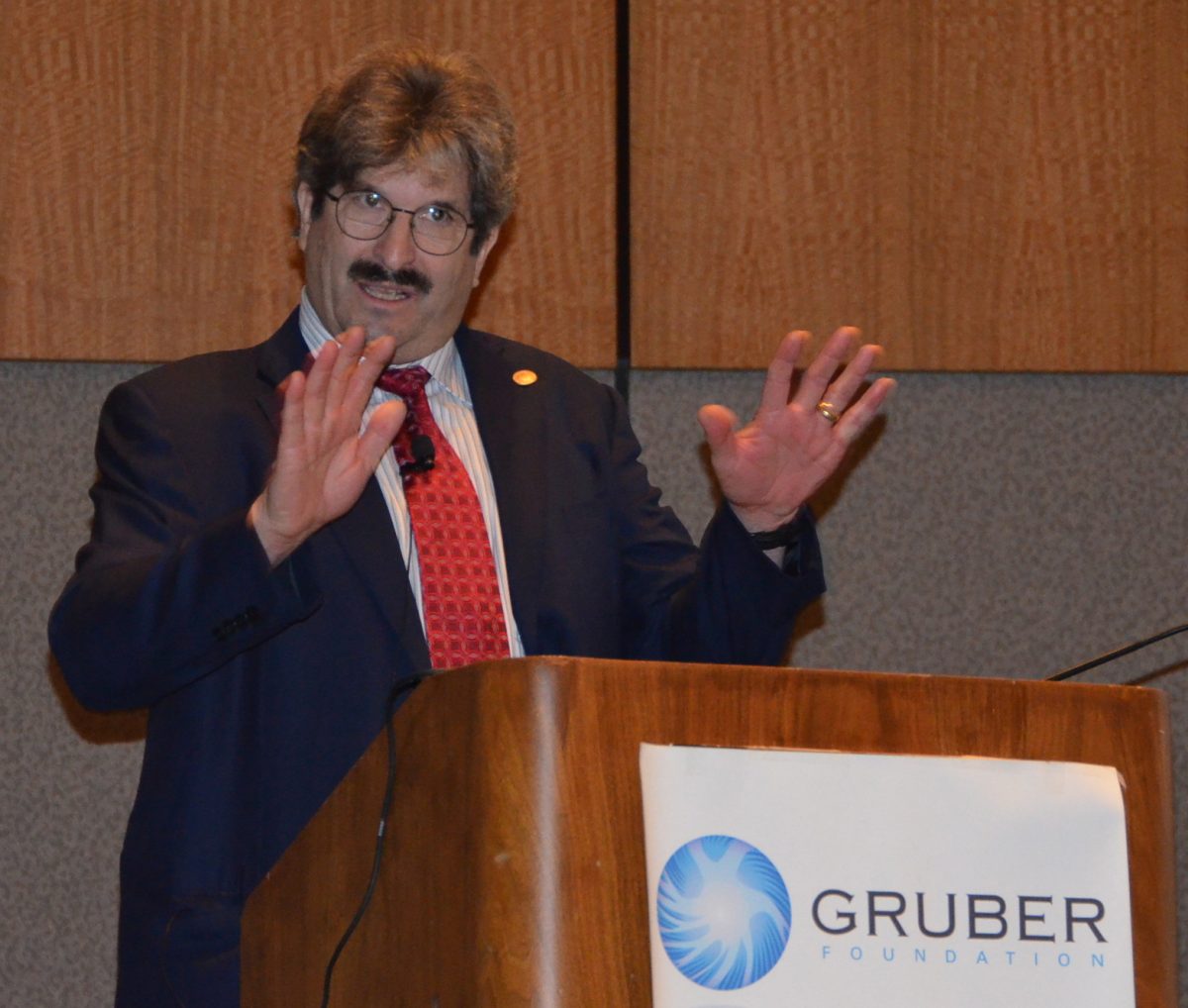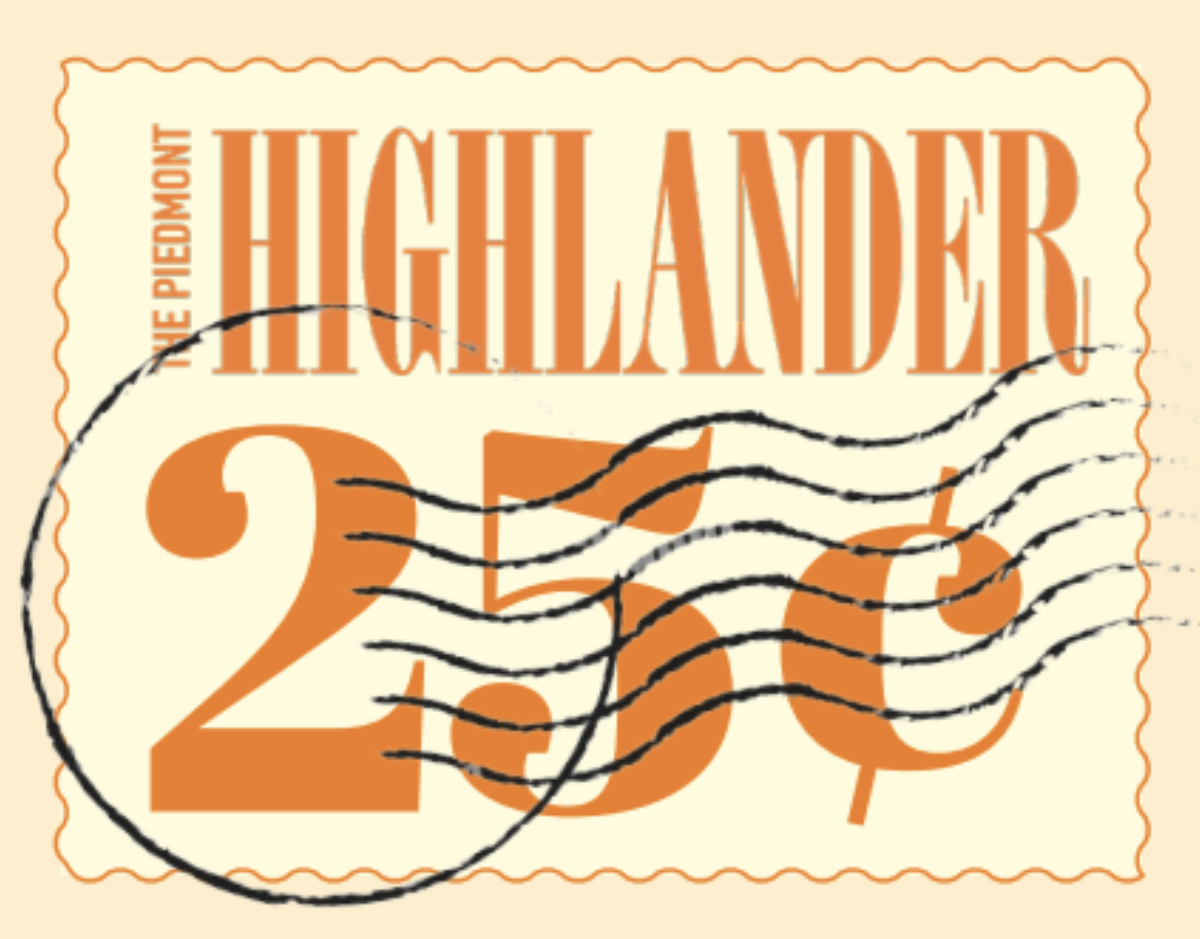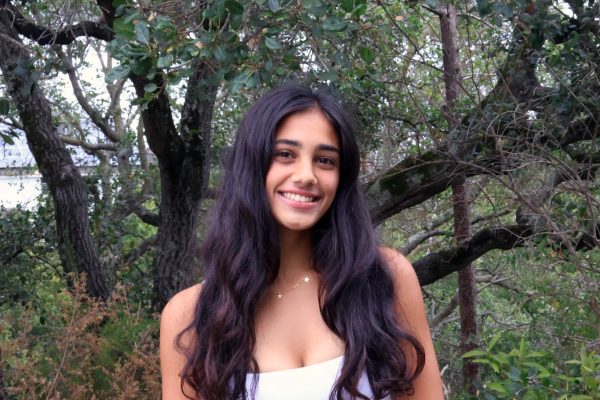In 1969, Gary Ruvkun was doing amateur radio, participating in the Bird Calling Contest, and spending time as a Boy Scout in Piedmont Troop 1. In 2024, 55 years after graduating from PHS, Ruvkun won the Nobel Prize in Physiology for his discovery of microRNA.
Ruvkun said, since winning the Nobel Prize in October 2024, his life has been filled with interviews, ceremonies, and opportunities.
“It’s a big surprise,” Ruvkun said. “You get a call at four in the morning, and you know what you’ve done has gotten attention.”
Peter Senter, Ruvkun’s college classmate and close friend from Piedmont, said Ruvkun had a myriad of unique qualities that contributed to his success.
“Sometimes it takes more than just being smart. You have to be ultra creative, you have to be able to know what’s new and what’s not new and what’s interesting and what’s not interesting,” Senter said. “I think that’s where Gary really developed after high school.”
Senter said he saw Ruvkun begin to thrive in college.
“I went to college with Gary at Berkeley and he used to help me with my physics because I didn’t understand it,” Senter said. “He was a really smart guy, but also very funny and engaging, and he had a wide group of friends. He was a pretty popular guy.”
Ruvkun said when he won the prize, he received many emails from former classmates congratulating him on his achievement.
“One of them was a football guy,” Ruvkun said. “He wrote to the group, where they were all congratulating and stuff, he goes, ‘Wait, you mean I was graded on the same curve as a guy with a Nobel Prize? That is not fair!’”
Ruvkun said while he was a student at PHS, he participated in the Bird Calling Contest but didn’t win. Ruvkun said his high school years were primarily focused on his interest in amateur, or “ham”, radio.
“For some reason I liked the idea of ham radio. I don’t know why, I don’t know how I got exposed to it, but [my Boy Scout troop] connected me with a guy,” Ruvkun said. “He was close by and he had a really nice ham radio set, and he would tell me about it and teach me, and so I went and got my ham radio license.”
Although Senter did not do ham radio with Ruvkun, he said that he knew that it was a big part of Ruvkun’s life.
“They were using telephone wires to transmit the signal, I mean it was an interesting thing that they were doing,” Senter said.
Ruvkun said his continued interest in electronics guided his choice to major in electrical engineering at UC Berkeley.
“I thought I wanted to do electrical engineering after all the ham stuff,” Ruvkun said.
After two at UC Berkeley, Rukvun realized that he no longer wanted to pursue a future in engineering, and decided to switch to a physics major. Ruvkun said in 1973 he graduated from UC Berkeley with a Bachelor of Arts in biophysics, then went on to earn his PhD from Harvard in 1982, also in Biophysics. Through this, he became interested in genetic code and sequencing, which was a relatively new field at the time.
“So there’s a lot of comparative biology, of looking at other organisms,” Ruvkun said.
Ruvkun said he doesn’t plan on returning to Piedmont soon, but he still appreciates the Bay Area.
“I still have a real fondness for the San Francisco area, but I’ve been out here since 1976,” Ruvkun said. “That’s a long time, and Boston is somewhat similar to San Francisco, but not quite the same.”
Ruvkun said he has hope for future generations and new advancements.
“Take some courses. Biology’s a very rich subject, you don’t need to be a math genius to do it. Math is hard, biology is easier,” Ruvkun said. “You don’t have to become a doctor, people find work in pharmaceutical companies and universities. It’s a good life.”




























